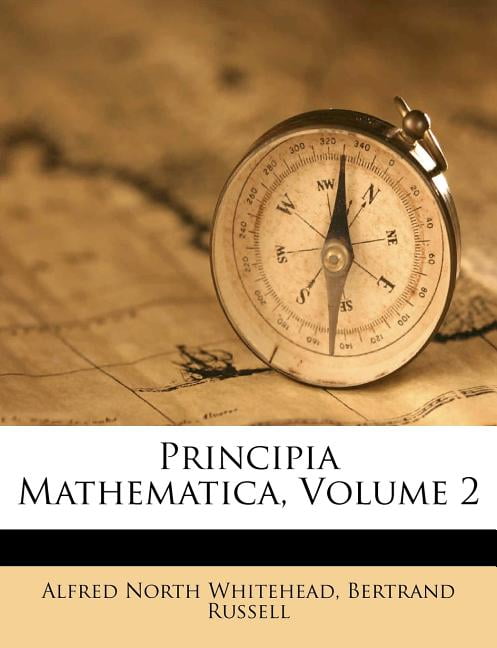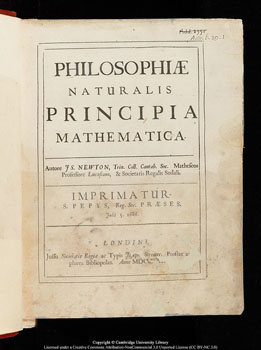


But now, if one asks of this class “Is it a member of itself?” one becomes enmeshed in a contradiction.

The contradiction arises from the following considerations: some classes are members of themselves (e.g., the class of all classes), and some are not (e.g., the class of all persons), so one ought to be able to construct the class of all classes that are not members of themselves. In 1901 Russell discovered a contradiction-now known as Russell’s paradox-at the very heart of the system of logic upon which he had hoped to build the whole of mathematics. History of logic: Principia Mathematica and its aftermath There Russell argued that the whole of mathematics could be derived from a few simple axioms that made no use of specifically mathematical notions, such as number and square root, but were rather confined to purely logical notions, such as proposition and class. Near the end of his work on The Principles of Mathematics, Russell discovered that he had been anticipated in his logicist philosophy of mathematics by the German mathematician Gottlob Frege (1848–1925), whose book The Foundations of Arithmetic (1884) contained, as Russell put it, “many things…which I believed I had invented.” Russell quickly added an appendix to his book that discussed Frege’s work, acknowledged Frege’s earlier discoveries, and explained the differences in their respective understandings of the nature of logic. The philosophical case for this point of view-subsequently known as logicism-was stated at length in Russell’s earlier work, The Principles of Mathematics (1903). Principia Mathematica was intended to lay bare the logical foundations of mathematics-i.e., to show that the basic concepts and modes of reasoning used in mathematics are definable in logical terms. Principia Mathematica, monumental work in the philosophy of mathematics and the philosophy of logic, first published in three volumes between 19, by the British philosophers Bertrand Russell (1872–1970) and Alfred North Whitehead (1861–1947).
PRINCIPIA MATHEMATICA HOW TO
COVID-19 Portal While this global health crisis continues to evolve, it can be useful to look to past pandemics to better understand how to respond today.Student Portal Britannica is the ultimate student resource for key school subjects like history, government, literature, and more.This Time in History In these videos, find out what happened this month (or any month!) in history.#WTFact Videos In #WTFact Britannica shares some of the most bizarre facts we can find.Demystified Videos In Demystified, Britannica has all the answers to your burning questions.Britannica Classics Check out these retro videos from Encyclopedia Britannica’s archives.Britannica Explains In these videos, Britannica explains a variety of topics and answers frequently asked questions.


 0 kommentar(er)
0 kommentar(er)
